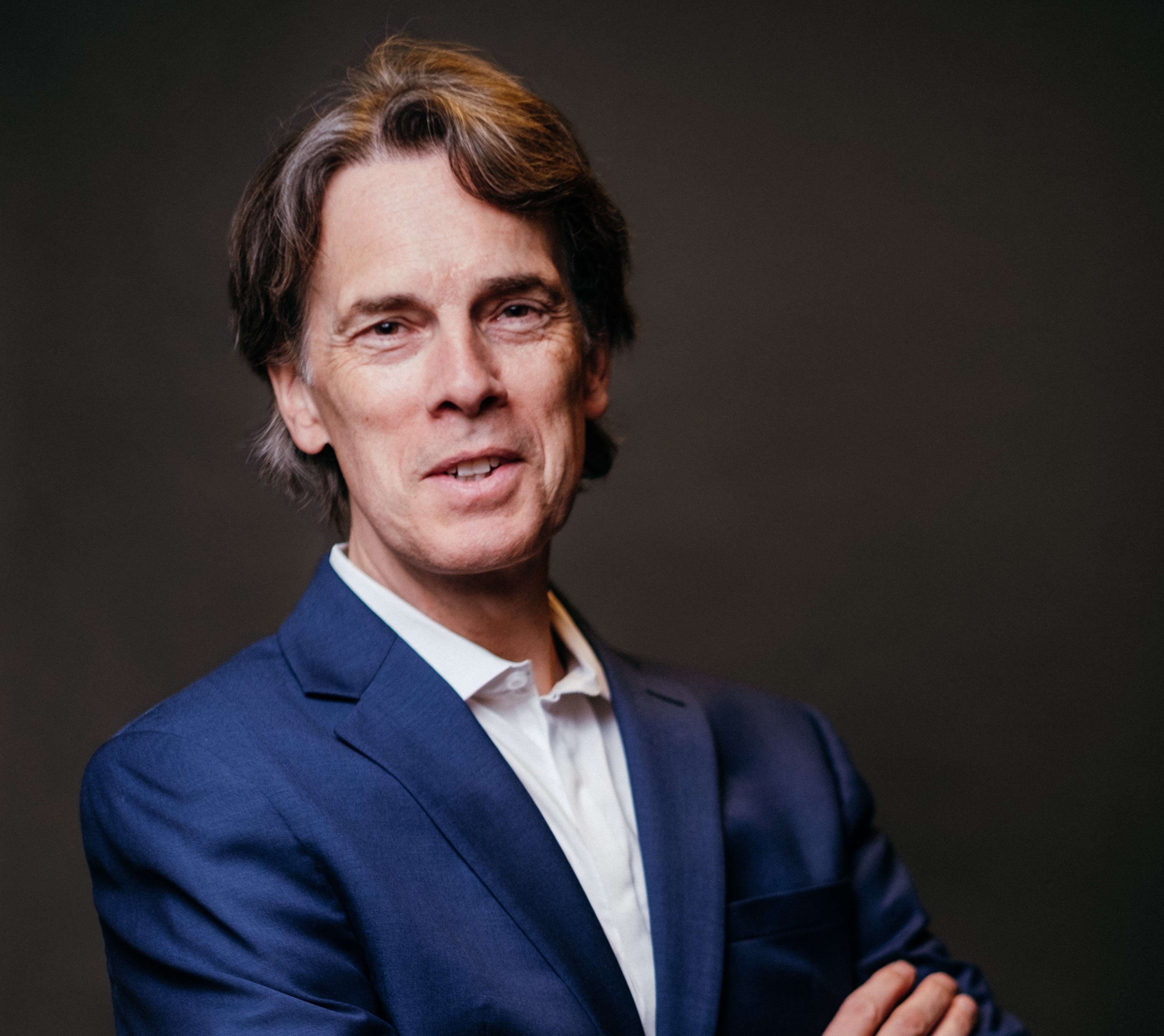About Prof. Stephen Hicks, host of Open College:
Stephen R. Hicks is a tenured Professor of Philosophy at Rockford University in Illinois, U.S.A., and prolific author of philosophical criticism, chief among them his 2004 work, ‘Explaining Postmodernism: Skepticism and Socialism from Rousseau to Foucault.’
‘Explaining Postmodernism,’ has earned Hicks some of his highest acclaim received thus far in his career, and has received praise from such prestigious figures as Prof. Jordan Peterson, who recommended ‘Explaining Postmodernism’ to anyone wanting to learn about the school of thought.
Hicks’ other works include ‘The Art of Reasoning: Readings for Logical Analysis,’ ‘Entrepreneurial Living,’ ‘Liberalism Pro and Con,’ and ‘Nietzsche and the Nazis,’ for which book he also received noteworthy acclaim. Also Forthcoming in 2021, ‘Eight Philosophies of Education,’ was co authored by Hicks.
On top of his work as an educator & author, Hicks is the Executive Director at the Center for Ethic and Entrepreneurship, and is a scholar with the Atlas Society.
Hicks began his ‘Open College’ podcast with The Possibly Correct Podcast Network in early 2018 to discuss and debate philosophical matters, economics and to discuss postmodernism and the impacts of that school of thought on contemporary society.
While Hicks sees postmodernism as a mostly expired ideology, he has become perturbed as he sees the ideology becoming more prominent in society in the last half-decade especially.
All Episodes
November 15, 2021
admin
Open College with Dr. Stephen Hicks
Where do we find the meaning of life? In answering that question, we look to Professor Jordan Peterson a man with a foot in two worlds. He is a man of science, proficient in the biological bases of psychology and the developments of psychology as an applied science.
September 28, 2021
admin
Open College with Dr. Stephen Hicks
While communist/socialist/social democratic have always had a scientific-pseudoscientific verneer about it, time has worn away much of this verneer, exposing much of the ideology as hyper-idealistic/proto-religiousist in many regards. Despite this verneer being largely washed away, many if not the vast majority of communists/socialists refuse or cannot see their views as anything except entirely rational. In this podcast, Professor Stephen Hicks delves deep into this phenomenon.
August 24, 2021
admin
Open College with Dr. Stephen Hicks
In this episode Dr. Stephen Hicks addressed the philosophical question, does morality require the existence of the gods or a God or is morality part of our human nature?
July 27, 2021
admin
Open College with Dr. Stephen Hicks
Even though we humans have lots of knowledge, we do not necessarily have a good and full theory of knowledge. Yet we should not let the lack of a good theory, deny the existence of what the theory should be explaining.
Humans have cognitive faculties with limitations. One can form snap judgments, but one can also recognize and pursue the objective principle of viewing as many perspectives as is necessary. One learns about one’s cognitive limitations over time, so one learns that to make a judgment about something beyond one’s immediate cognitive limitation, one needs to do extra work.
July 5, 2021
Neil MS
Open College with Dr. Stephen Hicks
Even though we humans have lots of knowledge, we do not necessarily have a good and full theory of knowledge. Yet we should not let the lack of a good theory, deny the existence of what the theory should be explaining.
Humans have cognitive faculties with limitations. One can form snap judgments, but one can also recognize and pursue the objective principle of viewing as many perspectives as is necessary. One learns about one’s cognitive limitations over time, so one learns that to make a judgment about something beyond one’s immediate cognitive limitation, one needs to do extra work.
June 3, 2021
Neil MS
Open College with Dr. Stephen Hicks
Michael Rectenwald and Stephen Hicks on postmodernism, postmodern politics, the contemporary Left, and the state of education, culture, society, the media, and politics.
March 1, 2021
admin
Open College with Dr. Stephen Hicks
We say we want children to grow to be self-reliant, creative problem-solving adults. But in schooling kids, do we follow through on that? Do schools teach independence of mind and action or do students learn compliance? Do students learn that life is about solving new problems or are they instructed that authorities have the answers? Do students learn experimentalism and that success typically comes after much failure or do they learn that failure is a source of shame? Does our education system stunt kid’s potential?
January 7, 2021
admin
Open College with Dr. Stephen Hicks
The impact from the development of automation and artificial intelligence technologies will be significant and perhaps more significant than any previous technological revolutions. What are the business and economic impacts of these evolving technologies? What will be their impact on our work lives? Will they free humanity, enslave us all or perhaps there is another outcome to consider?
November 26, 2020
admin
Open College with Dr. Stephen Hicks
Let me tell you a little bed time story. A story that involves humans and gods and present a human philosophical question dating back a few thousand of years ago. The story or Arachne and Athena.











